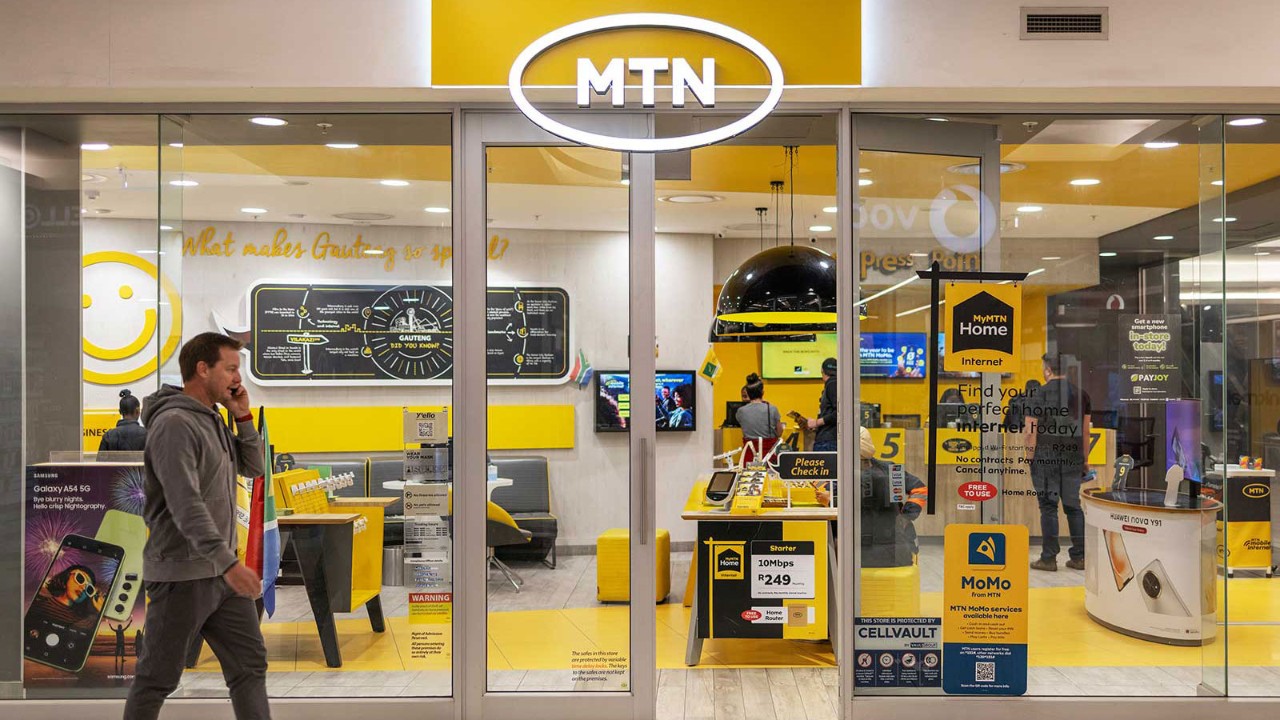
Africa remains a bright prospect for mergers and acquisitions (M&A), as the ongoing upswing in activity – across telecoms, fintech, logistics, agriculture and especially energy – demonstrates. Nor is investment in the continent all about China and the Gulf, as some have suggested – African and other players are also much in evidence. And, of course, where there are deals, there are always opportunities for accountants and finance professionals.
Earlier this year, oil giant Shell divested its onshore interests in Nigeria in a US$2.4bn deal with Renaissance Africa Energy, a Nigerian consortium. Late last year, another oil major, TotalEnergies, divested its 10% holding in Shell Nigeria to Mauritius-based Chappal Energies for US$860m, while Mobil, yet another big name, sold its Nigeria business to another local energy company, Seplat, in a US$1.28bn transaction.
Meanwhile, Dutch company Vitol is involved in a US$1.7bn acquisition of certain assets of Italian oil giant Eni in the Congo Republic and Côte d’Ivoire. Similar deals have also gone down in Angola, Mozambique and other countries across Africa over the past year.
Homegrown deals
Fintech has also been fertile soil for deals and investments. Since its 2020 acquisition by US payments company Stripe, Paystack has purchased payment service provider licences to support expansion into Ghana, South Africa, Côte d’Ivoire and Kenya, seeking to replicate its remarkable success in Nigeria. Nigerian-founded Flutterwave acquired local creator platform Disha in 2021, partnered with payments processor Acquired.com in 2024 and then teamed up with South Africa’s MTN Mobile Money to deliver payments to mobile wallets across five countries on the continent.
MTN, Airtel and Safaricom have been strutting their stuff
Then there was UK-based WorldRemit’s takeover of Kenya-based Sendwave for US$500m in 2020, simplifying remittances between Africa and the diaspora. And MFS Africa’s acquisition of Global Technology Partners for US$34m in 2022 gave it access to more than 180 million mobile wallets.
Meanwhile the continent’s own telecoms giants have also been investing in some non-M&A expansion. MTN, Airtel and Safaricom have been strutting their stuff – restructuring operations, changing arrangements around tower infrastructure and expanding across borders. In what may be a game-changer for payments in the country, Kenya’s Safaricom purchased a licence to launch its M-Pesa mobile phone-based money transfer service in Ethiopia in 2023.
Private equity boost
What has helped enable the upsurge in deal-making activity in Africa is the continued growth in the number, size and activities of private equity firms on the continent. These firms pursue deals and go to significant lengths to help finance growing businesses. Actis, African Capital Alliance, Development Partners International, Harith and Helios are some of the firms driving this growth in deal numbers and sizes, and are ever-hungry for African professionals to help pull off the deal-making.
A growing and rapidly urbanising population means a huge market
But the growing appetite for African deals is also driven by macro factors. First, weak currencies and the excessively high Africa risk premium have contributed to the undervaluing of African assets and made the continent a buyer’s market. Second, deposits of critical minerals such as copper, cobalt and lithium continue to be discovered on the continent, and are becoming ever more important as the world seeks to move away from fossil fuels.
Third, the demographics of a growing and rapidly urbanising population mean a huge market for financial services, consumer goods and healthcare. And fourth and finally, geopolitical realignments continue to take place as the West competes with new players in the form of mainland China and the Gulf states for stakes in Africa’s mineral wealth.
Complex issues
Whatever their origin, deal flows still face challenges such as low forex liquidity and capital controls, regulatory uncertainty, political instability in some parts, and poor understanding of the continent by would-be investors from outside Africa. This is where accountants and finance professionals on the continent have a role to play. They have an opportunity to guide deal-makers around complex issues such as regulatory compliance, taxation, deal structuring and pricing. Understanding the legal systems and macro environment puts them in a position to play a critical role in getting M&A deals over the line.
A market of 1.5 billion people – close to 20% of the entire world’s population – simply cannot be ignored by businesses, even if that population presently has relatively low purchasing power. World history is littered with incredible economic transformations that have seen nations rise from poverty to incredible riches. As the years go by, those who invest in Africa today may be rewarded by incredible success in future. No surprise, then, that we are currently witnessing such significant deal-making on the continent.



